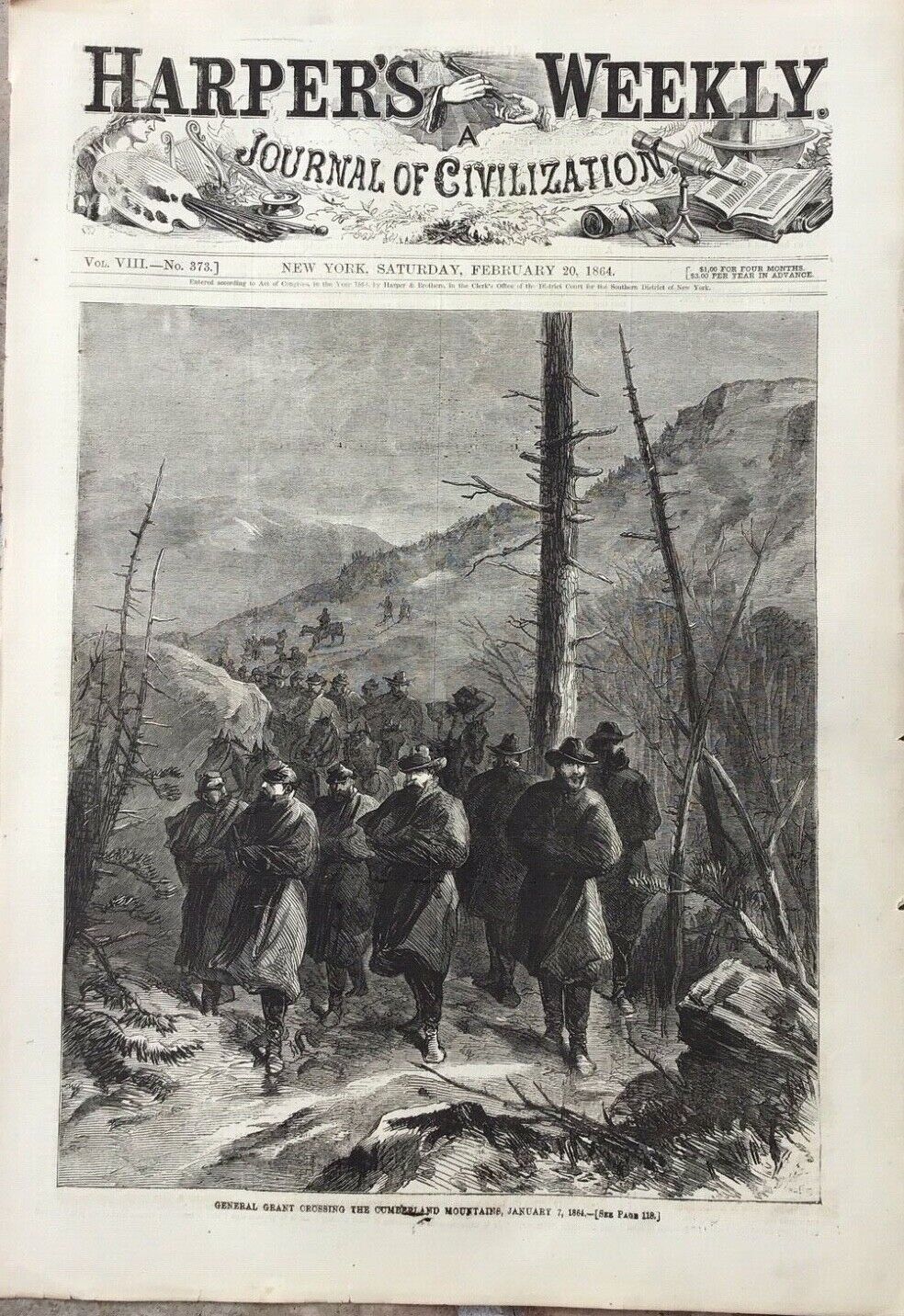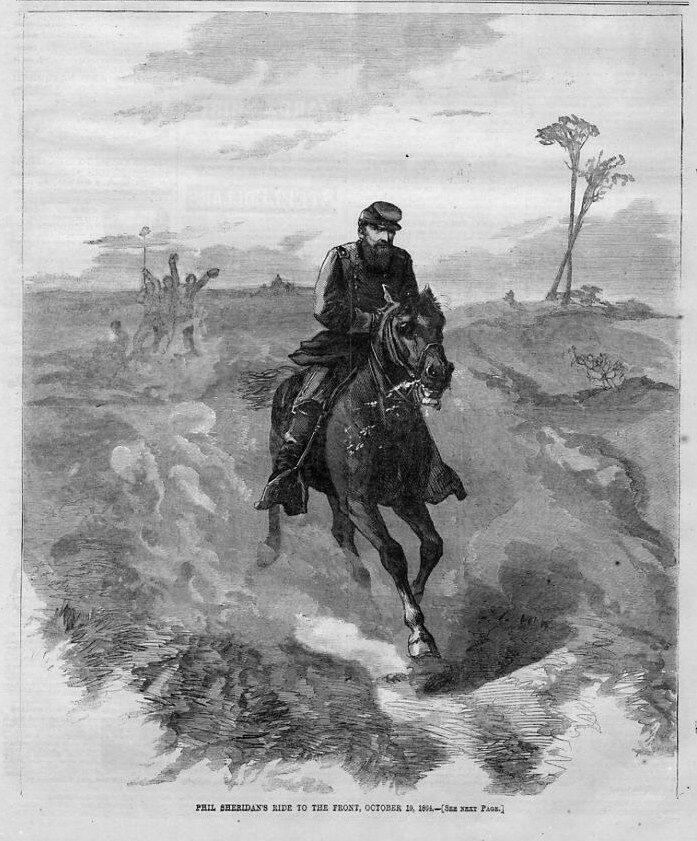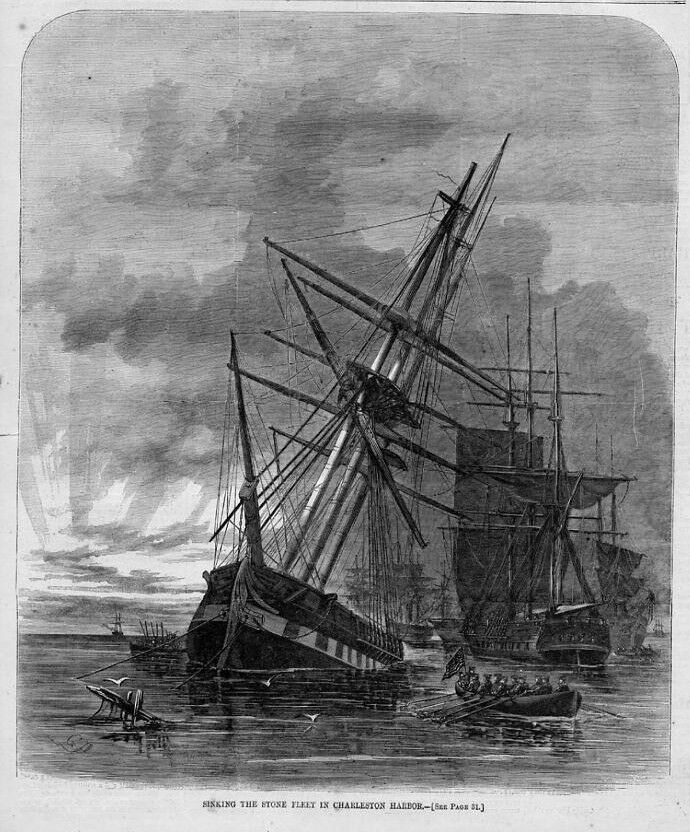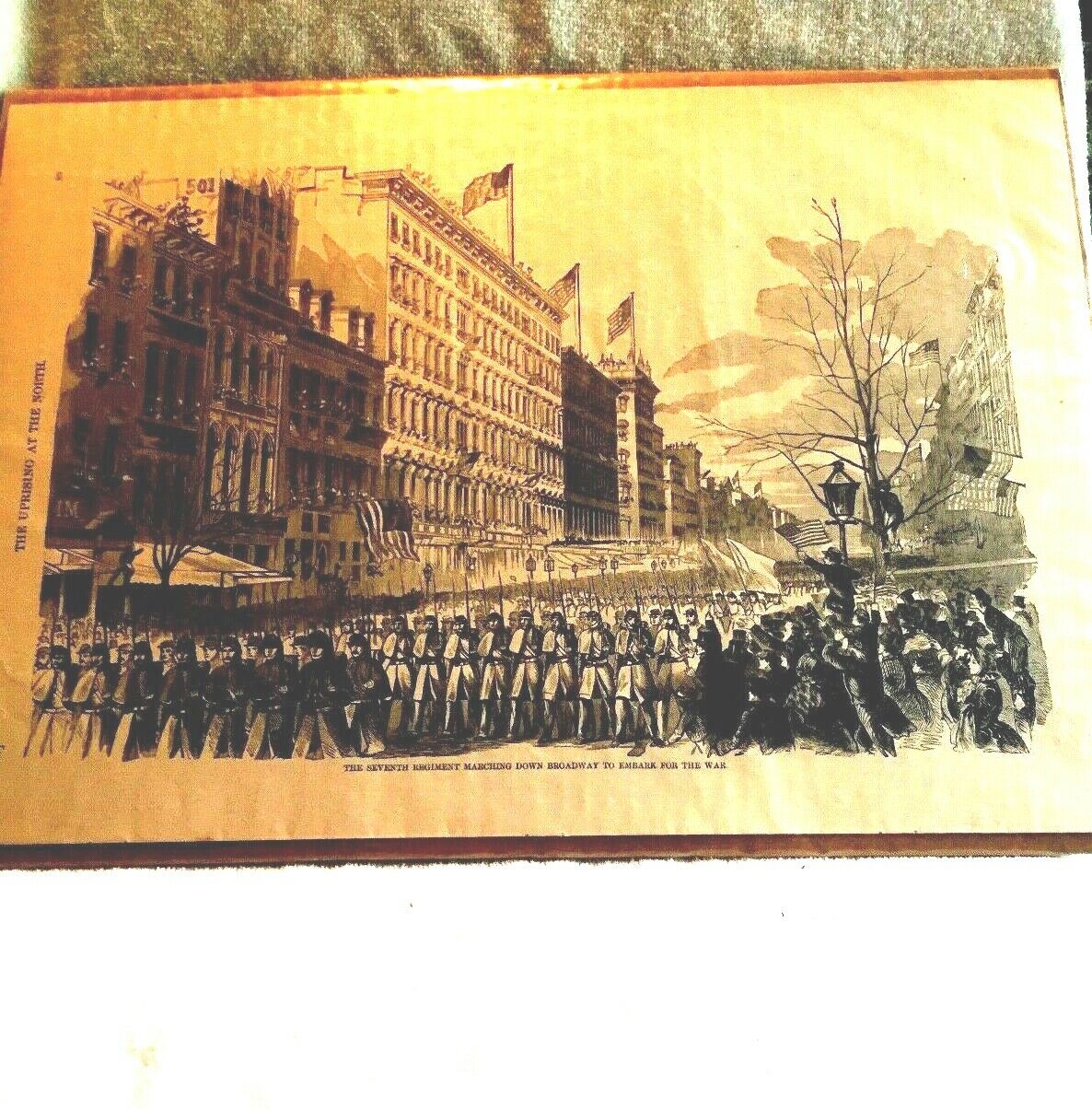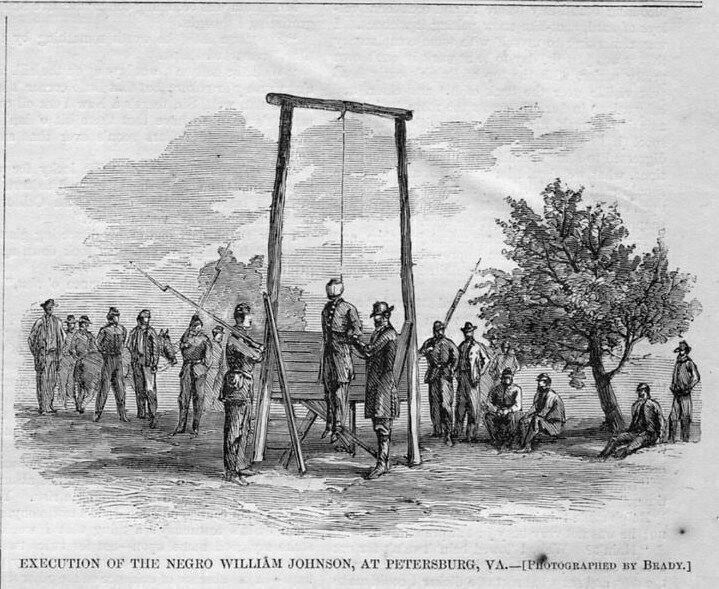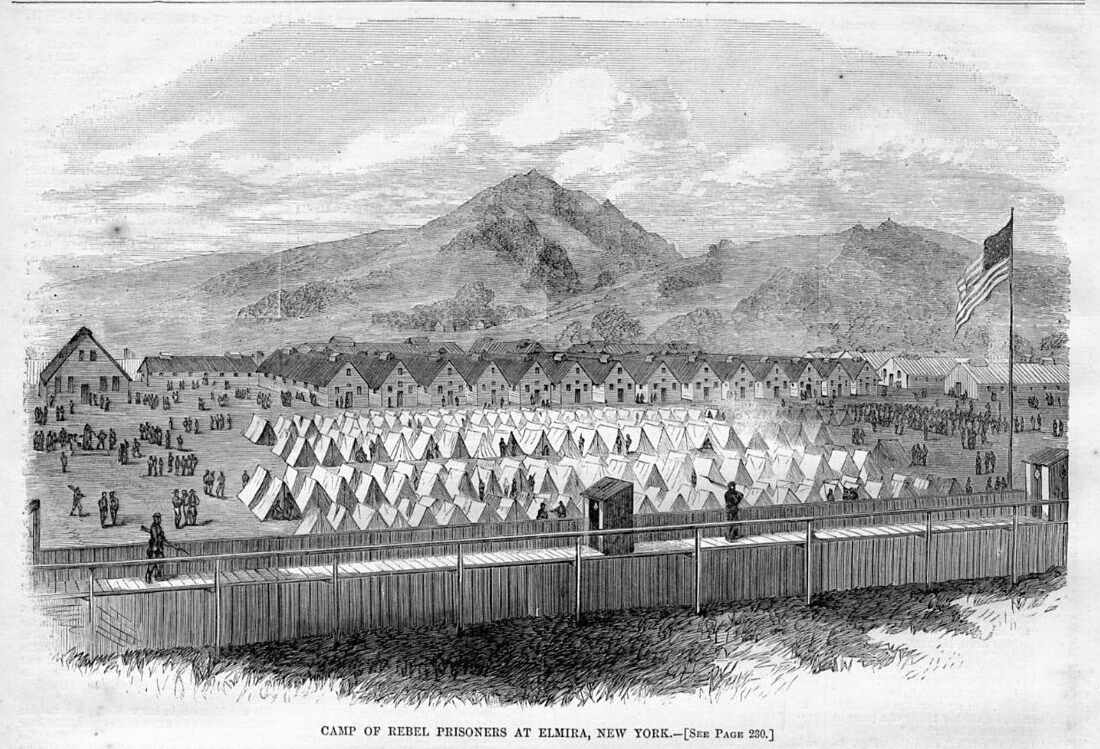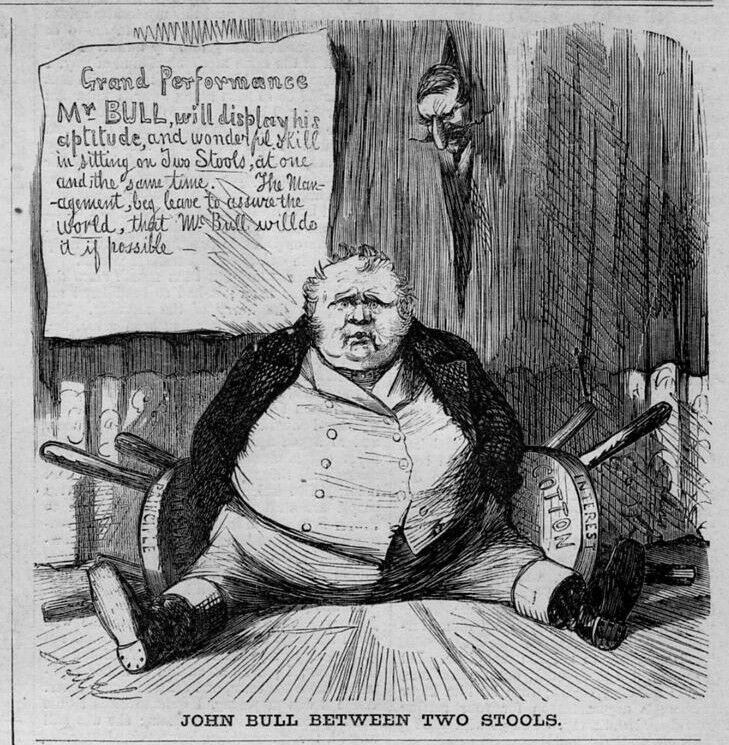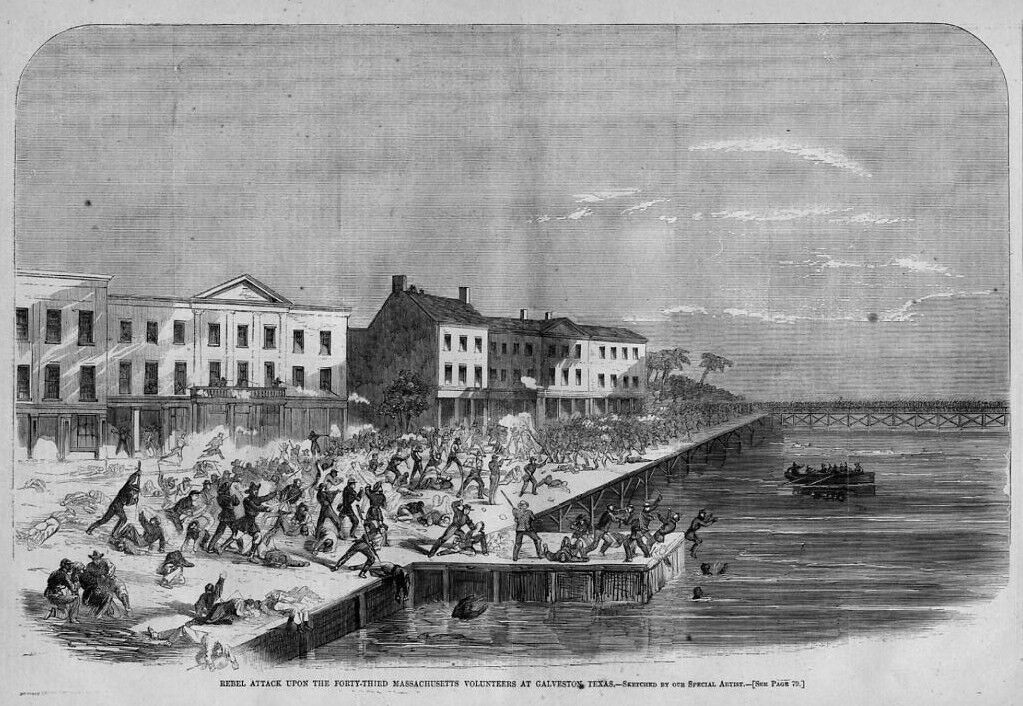-40%
1864 Antique Prints- Civil War - General Grant Crossing the Cumberland Mountains
$ 5.28
- Description
- Size Guide
Description
Two original cover pages to Harper's Weekly relating to the Civil War and entitled as follows:"Averill's Raid" - dated January 16, 1864 - this was his raid upon the Virginia and Tennessee Railroad - see below
"General Grant crossing the Cumberland Mountains, January 7, 1864" - dated February 20, 1864
Good condition - minor edge tears
- see scans
. Related and unrelated text to the reverse. Page size 11 x 16
inches
These are original antique prints and not reproductions . Great collectors item for the civil war historian - see more of these in Seller's Other Items
.
William W. Averell
From Wikipedia, the free encyclopedia
Jump to navigation
Jump to search
William Woods Averell
William W. Averell
Born
November 5, 1832
Cameron
,
New York
Died
February 3, 1900 (aged 67)
Bath
, New York
Allegiance
United States of America
Union
Service/
branch
United States Army
Union Army
Years of service
1855–1865
Rank
Brevet
Major General
Commands held
3rd Pennsylvania Cavalry
Battles/wars
American Civil War
First Battle of Bull Run
Peninsula Campaign
Seven Days Battles
Battle of Fredericksburg
Battle of Kelly's Ford
Battle of Cove Mountain
Battle of Droop Mountain
Battle of Rutherford's Farm
Battle of Moorefield
Other work
U.S. Consul General
Inventor
William Woods Averell
(November 5, 1832 – February 3, 1900) was a career
United States Army
officer and a
cavalry
general
in the
American Civil War
. After the war, he was a diplomat and became wealthy by inventing American
asphalt
pavement.
Contents
1
Early years
2
Civil War
3
Postbellum career
4
See also
5
Notes
6
References
7
External links
Early years
[
edit
]
Averell was born in
Cameron, New York
.
[1]
As a boy, he worked as a drugstore clerk in the nearby town of
Bath, New York
.
[1]
He graduated from the
United States Military Academy
at
West Point
in 1855 and was commissioned a
second lieutenant
in the U.S. Army Mounted Rifles. His early assignments included garrison duty at
Jefferson Barracks
,
Missouri
, and the U.S. Army Cavalry School in
Carlisle, Pennsylvania
.
[1]
During two years of service in
New Mexico
, he was wounded in action against the
Indians
in October 1858, and was placed on the disabled list until the outbreak of the Civil War.
[1]
Civil War
[
edit
]
After the capture of
Fort Sumter
, Lt. Averell made a risky solo journey across the country to the
New Mexico Territory
with a message to summon his old mounted rifle regiment back east to join the fighting.
Averell first saw action at the
First Battle of Bull Run
while acting as assistant adjutant general to
Brig. Gen.
Andrew Porter
.
[1]
In August 1861, he was appointed
colonel
of the 3rd Pennsylvania Cavalry regiment,
[1]
[2]
which he led through the
Peninsula Campaign
and the
Seven Days Battles
. Immediately after that campaign, on July 6, 1862, he was given command of the 1st Cavalry Brigade in the
Army of the Potomac
. He missed the
Battle of Antietam
and most of the
Maryland Campaign
as he recovered from a bout of
malaria
that was known at the time as "Chickahominy Fever". As
Confederate
Maj. Gen.
J.E.B. Stuart
's cavalry rode around the Union Army and raided
Chambersburg, Pennsylvania
, Averell returned in time to lead his brigade in pursuit.
President
Abraham Lincoln
appointed Averell a brigadier general of volunteers on September 26, 1862 to rank from that date.
[3]
Lincoln had to nominate Averell three times before the
U.S. Senate
confirmed the appointment on March 11, 1863.
[3]
During the
Battle of Fredericksburg
, Averell commanded the Cavalry Brigade of the Center Grand Division of the Army of the Potomac. He ascended to
division
command—the 2nd division of the Cavalry Corps—on February 12, 1863. His division fought the first engagement in which Union cavalrymen claimed victory against their Confederate counterparts, the
Battle of Kelly's Ford
on March 17, 1863. But the 2nd Division's reputation was diminished as it participated in
Maj. Gen.
George Stoneman
's fruitless cavalry raid in the
Battle of Chancellorsville
six weeks later. On May 2, 1863, army commander Maj. Gen.
Joseph Hooker
relieved Averell of his command due to his slow performance during the raid. Hooker sent an angry telegram to the War Department informing them that Averell "seems to have contented himself between April 29 and May 4 with having marched ... 28 miles, meeting no enemy deserving of the name, and from that point reporting to me for instructions."
Averell left the Army of the Potomac after his relief at Chancellorsville and fought a series of minor engagements in the Department of West Virginia at the brigade and division level. In November 1863, he conducted what is called Averell's West Virginia Raid against the Virginia and Tennessee Railroad. He received a brevet promotion to
lieutenant colonel
in the regular army for the
Battle of Droop Mountain
in West Virginia on November 6, 1863, and to colonel for actions at
Salem, Virginia
, on December 15, 1863. In the spring of 1864, he led another cavalry raid toward Saltville but was stopped by Generals
John Hunt Morgan
and
William E. "Grumble" Jones
at Cove Gap. Returning to West Virginia, he later commanded a cavalry division under Maj. Gen.
David Hunter
in his failed raid on
Lynchburg
.
At a time when
Lt. Gen.
Jubal Early
had invaded Maryland and defeated a series of Union commanders, Averell proved to be the only Union commander to achieve victory against the Confederates in the Shenandoah Valley. He routed Confederate Maj. Gen.
Stephen D. Ramseur
at the
Battle of Rutherford's (Carter's) Farm
on July 20, inflicting 400 casualties and capturing a four-gun battery, in spite of Averell's being significantly outnumbered. When Brig. Gen.
John McCausland
burned
Chambersburg, Pennsylvania
, to the ground on July 30, Averell tracked him down at
Moorefield, West Virginia
. Using intelligence gathered from his scouts, Averell routed McCausland in a sunrise attack upon the Confederate camp capturing hundreds of prisoners and another four-gun battery.
During the
Valley Campaigns of 1864
against Early, Averell fought under Maj. Gen.
Philip Sheridan
. He was relieved of command a second time in his career on September 23, 1864, following a dispute with Sheridan about Averell's actions at the
Battle of Fisher's Hill
. This incident truly devastated him and he could not hide his misery. A staff officer wrote "I saw General Averell sitting in front of his tent ... He was dreadfully depressed and broken. I believe he started for the rear within a few moments after we left him, and never was employed again during the war." Averell resigned from the Union Army volunteers and from the U.S.
regular army
on May 18, 1865.
[4]
On July 17, 1866, President
Andrew Johnson
nominated Averell for appointment to the grades of
brevet
brigadier general
and
brevet
major general
in the regular army, to rank from March 13, 1865, and the U.S. Senate confirmed the appointments on July 23, 1866.
[5]
[6]
The latter appointment was in recognition of Averell's actions at the
Battle of Kelly's Ford
.
